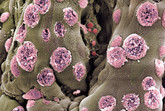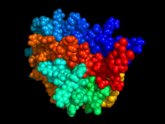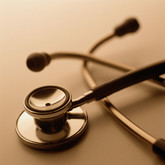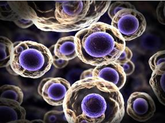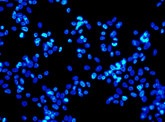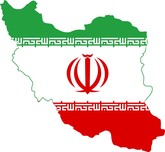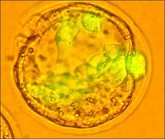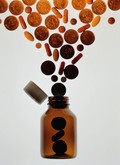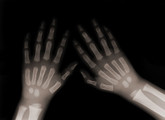Biosimilars/Research
|
Posted 16/11/2012
Biotechnology-derived medicines are increasingly popular for treating a range of conditions from cancer to autoimmunity, and yet they are among the most expensive healthcare products owing to their manufacture using live cell cultures. As healthcare providers become increasingly concerned about rising costs, interest is turning to the idea of substituting reference biological drugs with cheaper but similar biological products, or biosimilars, after patents expire on reference products. The use of biosimilars has the potential to reduce healthcare expenditure, particularly for long-term treatments, which incur high annual treatment costs.








